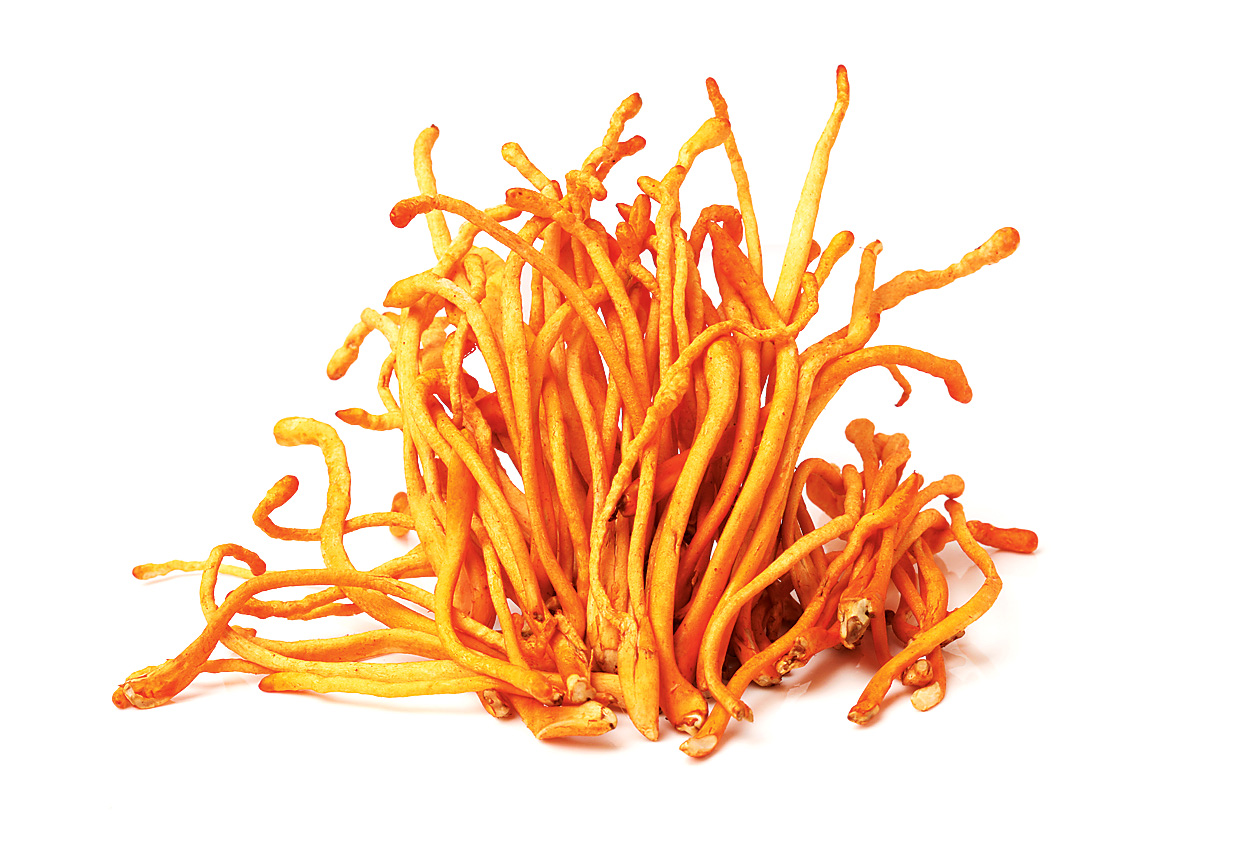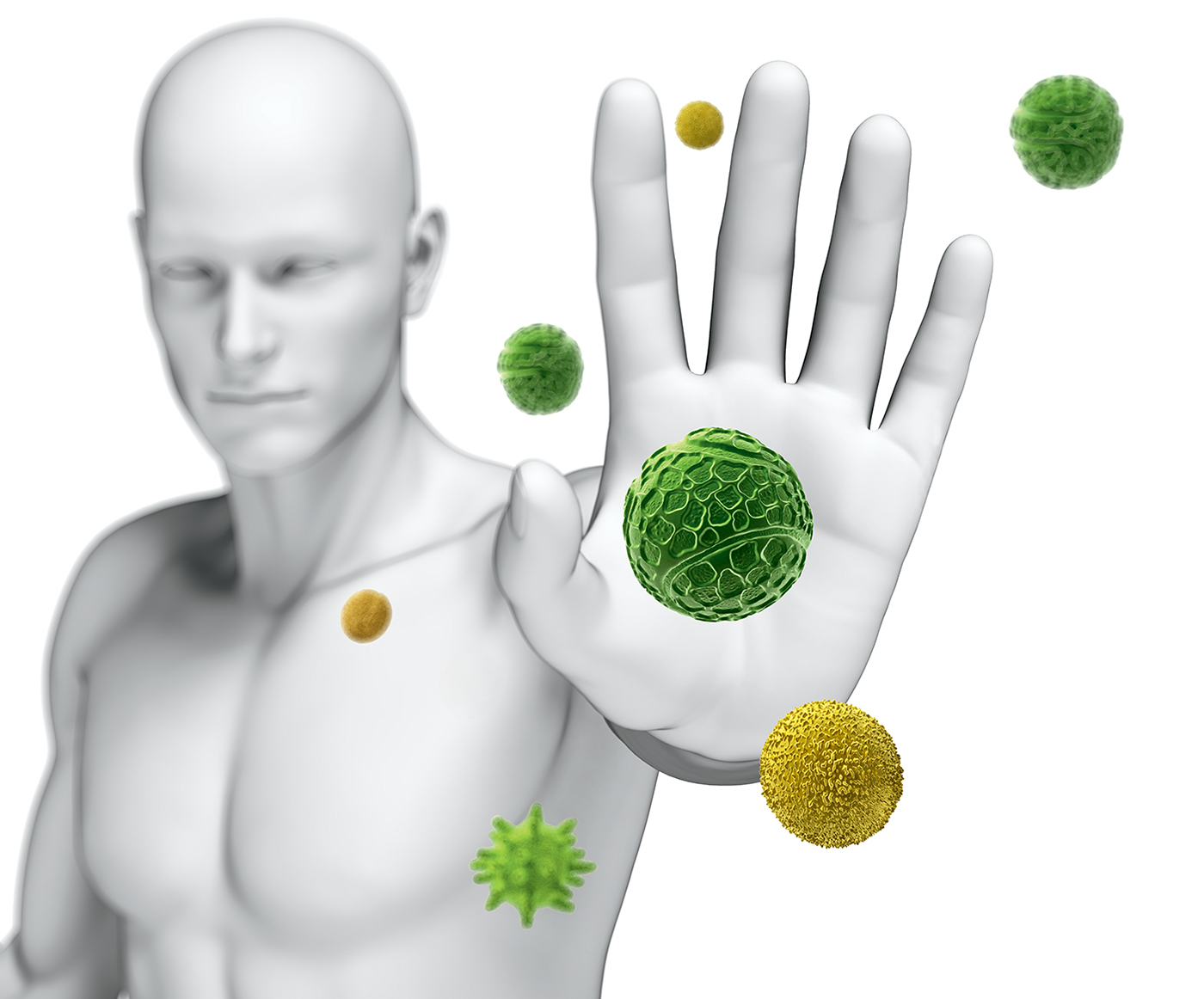They’re hyped as supplements that can confer a variety of benefits, but there’s not much evidence behind the claims
A popular feature in Good Times magazine is Your Health Questions, where we answer questions submitted by our readers about health, nutrition, and well-being, such as:
Q. I keep hearing about natural-health products called “adaptogens,” which supposedly help the body adapt to stress. Do they really work? And if so, how?
A. While most other herbal supplements are touted as remedies for illness or as somehow capable of supercharging a normal bodily process such as metabolism, the concept behind adaptogens is that they offer “a moderating influence that brings you back to your baseline normal, fortifying you against the effects of stress that can damage your immune system, make you feel fatigued, or alter your mood,” says Desiree Nielsen, a Vancouver registered dietitian and the author of Eat More Plants (Penguin Canada, 2019).
The list of plants that proponents place in this category varies, although ginseng, ashwagandha, rhodiola, and certain varieties of fungi, including cordyceps, are generally included. Adaptogens are purported to work in different ways: ashwagandha, for example, is thought to be calming, while rhodiola is supposed to have a stimulating effect similar to that of caffeine, which could potentially improve alertness and concentration.
Do they really work? That’s hard to say. “In comparison to things like vitamin D and omega-3 fatty acids, the clinical research on adaptogenic herbs or mushrooms is very much in its infancy,” Nielsen acknowledges.
Most of the research that’s been conducted on adaptogens has been done in animals, while the few existing human studies—which vary in quality—have generally involved very small numbers of subjects. What’s more, results have been mixed. Long-term data on safety is scant, too.
Some evidence, albeit weak, suggests that ashwagandha, one of the most- studied adaptogens, may reduce stress, as well as levels of the stress hormone cortisol in the bloodstream. Rhodiola has been linked with improvements in scores on certain tests of mental performance in people with fatigue; though in another trial, it in fact appeared to worsen weariness in nursing students working shifts.
According to Joe Schwarcz—a Montreal radio-show host known as Dr. Joe, the director of McGill University’s Office for Science and Society, and the author of several popular-science books—the evidence is underwhelming overall.
“I’ve looked at many of the studies and I don’t see anything compelling,” he says. That’s not to say that adaptogens don’t warrant further investigation, he adds, since many modern medications are derived from plant sources, but, he says, “what adaptogens really have is a high dose of placebo. If you think something is going to make you feel better, it very often does—although it’s important to point out that feeling better is not the same thing as being better.” One popular product marketed as an adaptogen, he says, contains unspecified doses of multiple plants and was “concocted by someone with no scientific background whatsoever. You don’t know what’s in there.”
So should you try an adaptogen? If you’re considering doing so, Nielsen stresses, it’s crucial to consult your doctor or pharmacist first, particularly if you have a chronic health condition or take medications. “Ashwagandha is a good example,” she says. “It may not be safe for people with autoimmune disorders such as rheumatoid arthritis, and can potentially affect thyroid medication.”
For her part, Nielsen believes that adaptogens “can potentially be a helpful tool in your self-care kit.” And while some of her clients have found them useful, she emphasizes that “adaptogens will never take the place of a healthy diet or lifestyle”— including getting adequate sleep.
Photos: iStock/chengyuzheng.






